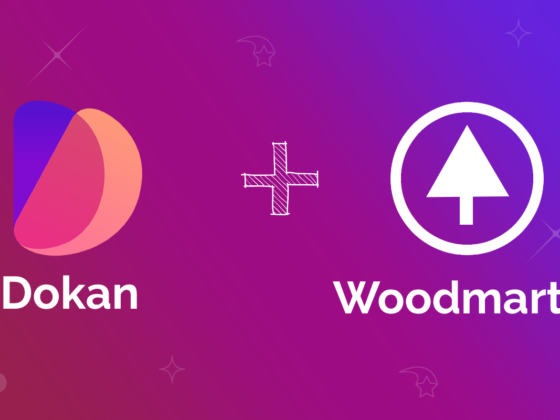Choosing the best CMS (Content Management System) for website development depends on various factors such as your specific requirements, technical expertise, scalability needs, and personal preferences. Each CMS has its own strengths and weaknesses. Here’s a brief overview of each:
WordPress:
Popularity: WordPress is the most popular CMS globally, powering a significant portion of websites on the internet.
User-Friendly: It’s known for its user-friendly interface, making it easy for beginners to get started with.
Flexibility: With a vast ecosystem of plugins and themes, WordPress can be highly customizable to suit different needs.
Community Support: A large community of developers contributes to its development, providing support and resources.
Suitable For: Blogs, small to medium-sized websites, portfolios, e-commerce (with WooCommerce plugin), and more.
Joomla:
Middle Ground: Joomla falls between WordPress and Drupal in terms of complexity. It’s more powerful than WordPress but less complex than Drupal.
Robustness: Joomla offers robust features for content management, making it suitable for larger websites with more complex needs.
Learning Curve: It has a steeper learning curve compared to WordPress but is generally considered more user-friendly than Drupal.
Suitable For: Websites requiring more complexity such as community sites, e-commerce, and social networking platforms.
Drupal:
Power and Flexibility: Drupal is known for its power and flexibility, making it suitable for building highly complex and customizable websites.
Scalability: It’s highly scalable, capable of handling large volumes of content and high traffic.
Security: Drupal is renowned for its robust security features, making it a preferred choice for government and enterprise websites.
Learning Curve: It has the steepest learning curve among the three, requiring more technical expertise to fully utilize its capabilities.
Suitable For: Enterprise-level websites, government websites, large-scale platforms, and applications requiring high customization and security.
Ultimately, the best CMS for website development depends on your specific needs and resources. WordPress is often recommended for beginners and smaller websites, Joomla for those needing more complexity but not wanting the steep learning curve of Drupal, and Drupal for those requiring high customization, scalability, and security.














